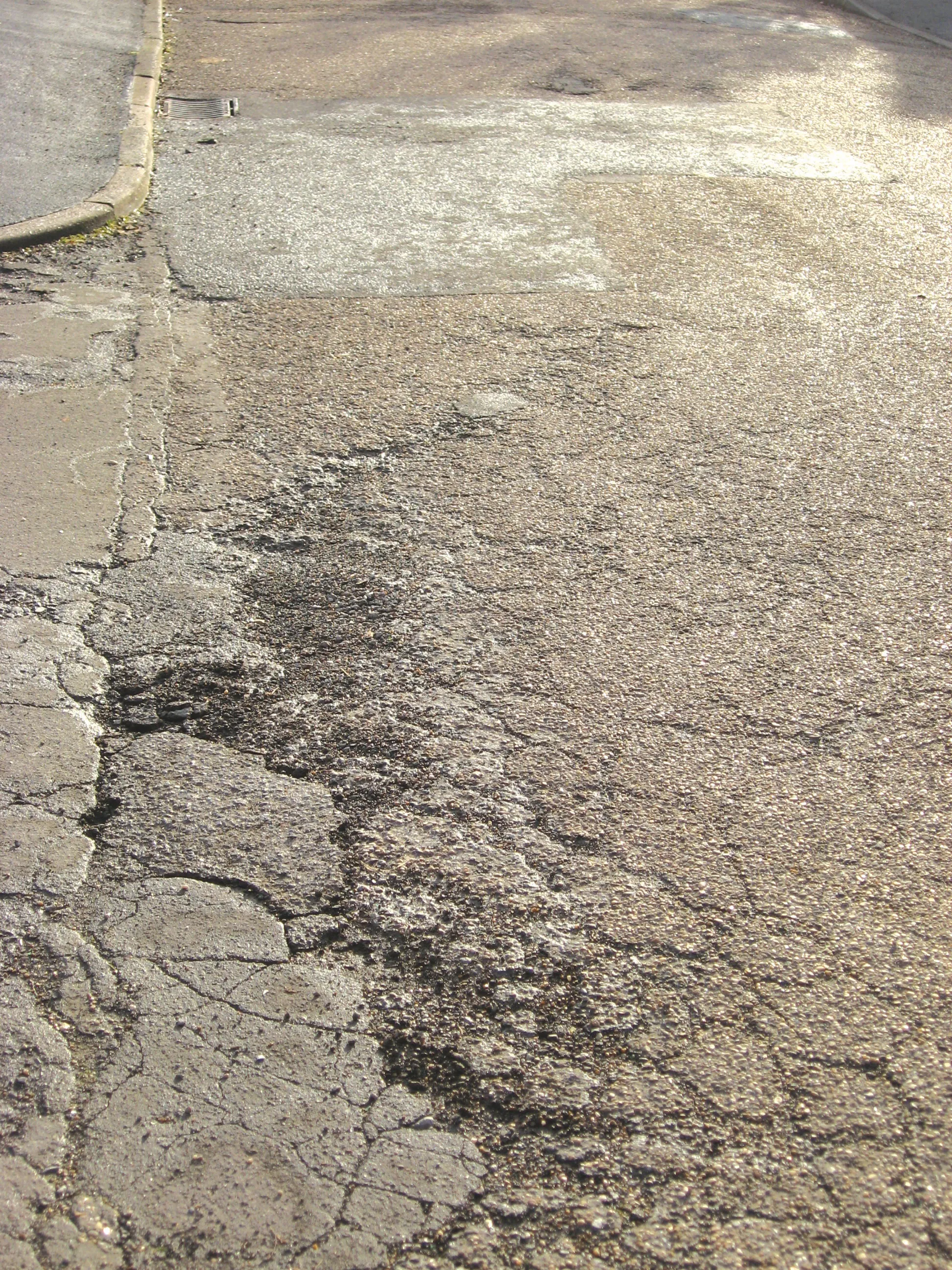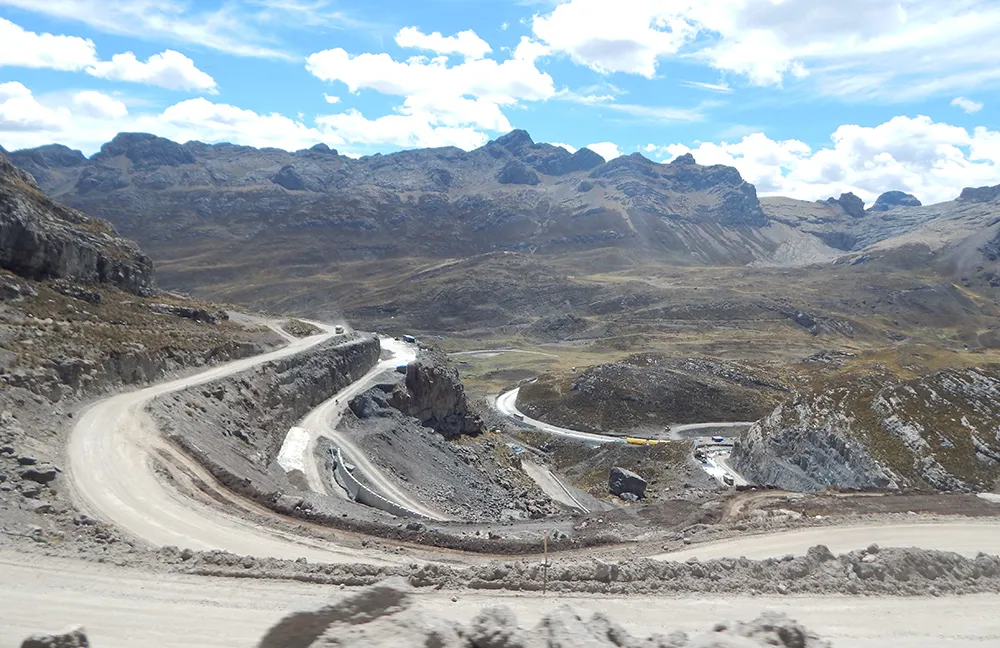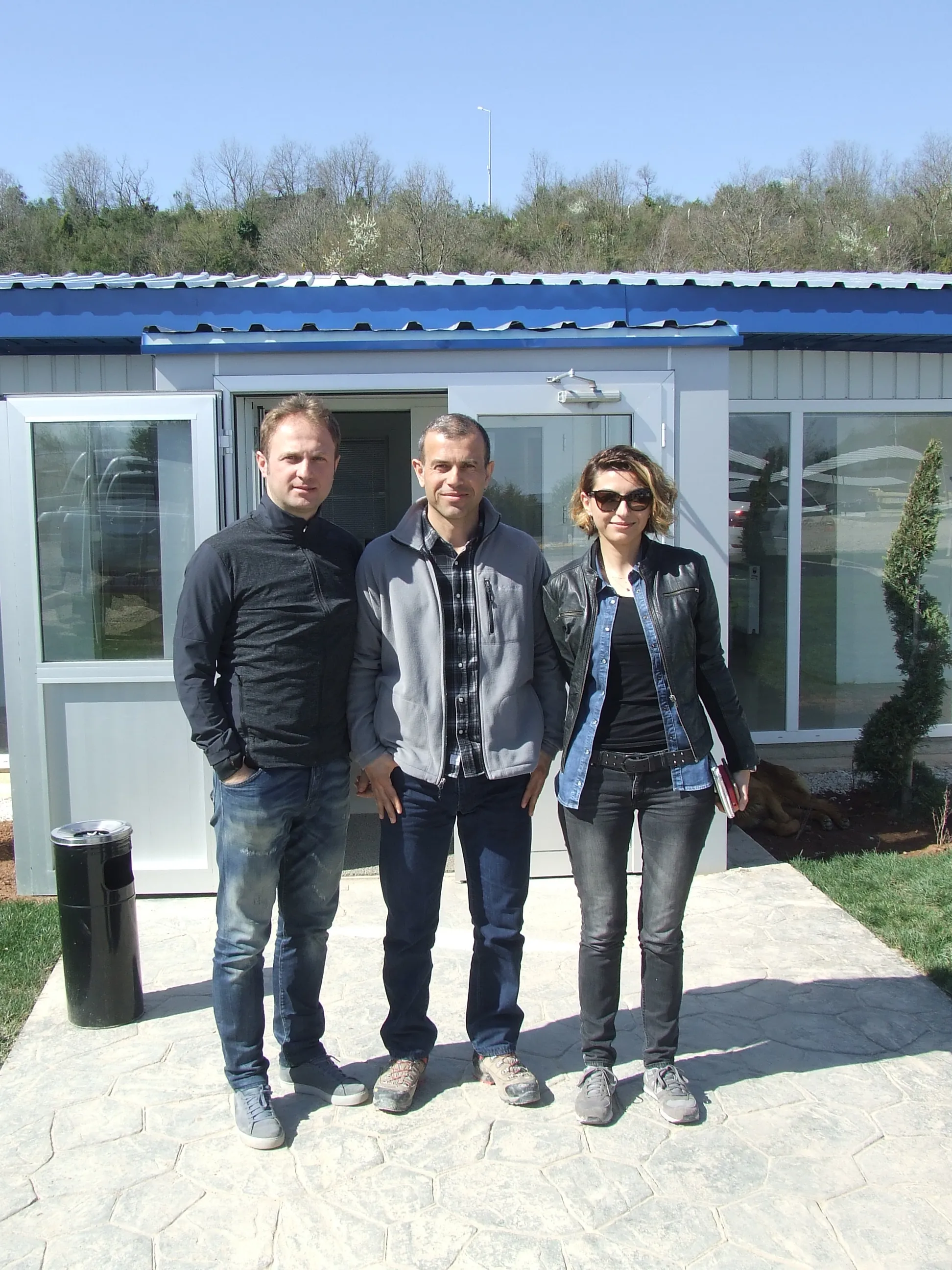Following one of the coldest winters in recent memory, Britain’s roads have stacked up an estimated £10 billion (€11.5 billion) repair bill just for potholes.
These are caused by the freeze/thaw cycle: water seeps into cracks in the road surface, expands when frozen and then breaks up when it thaws.
It has been estimated that in Britain there is at least one pothole for every 110m (sometimes many more) and that it will take at least 15 years to fix the problem.
May 15, 2012
Read time: 1 min

Following one of the coldest winters in recent memory, Britain’s roads have stacked up an estimated £10 billion (€11.5 billion) repair bill just for potholes.
These are caused by the freeze/thaw cycle: water seeps into cracks in the road surface, expands when frozen and then breaks up when it thaws.
It has been estimated that in Britain there is at least one pothole for every 110m (sometimes many more) and that it will take at least 15 years to fix the problem.
At present it is estimated that, apart from main routes such as motorways, there are some 1.6 million potholes on Britain’s 390,000km of secondary roads.
According to David Weeks, director of the Asphalt Industry Alliance (AIA), the country’s road network is in danger of falling to “Third World” levels.
These are caused by the freeze/thaw cycle: water seeps into cracks in the road surface, expands when frozen and then breaks up when it thaws.
It has been estimated that in Britain there is at least one pothole for every 110m (sometimes many more) and that it will take at least 15 years to fix the problem.
At present it is estimated that, apart from main routes such as motorways, there are some 1.6 million potholes on Britain’s 390,000km of secondary roads.
According to David Weeks, director of the Asphalt Industry Alliance (AIA), the country’s road network is in danger of falling to “Third World” levels.








